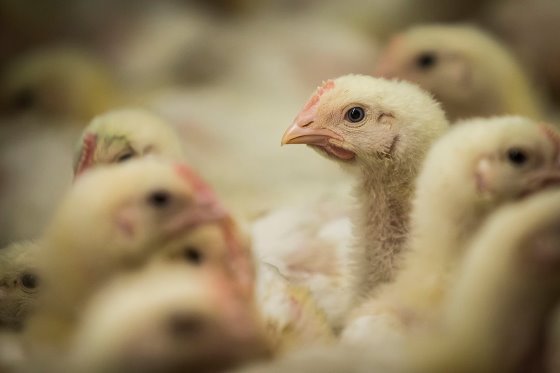Researchers from the University of Liverpool, in collaboration with UK and African partners, found that despite often appearing similar to each other, village chicken populations in Ethiopia are actually genetically diverse and highly adapted to their local physical, cultural and social environments.

The researchers have investigated the genetics and disease challenges of chickens from two districts of Ethiopia; Horro around 300Km northwest of Addis Ababa and Jarso, around 400km east of the capital, along with the nature of the production systems and the socioeconomic reasons why chickens are kept.
Genomic analysis conducted by the Roslin Institute revealed that the village chickens showed high levels of adaptation to their local ecosystems, resistance to disease and to the management and cultural variations of their environment.
On top of adaptation, the data obtained by partners suggest there may have been multiple introductions of chickens in Ethiopia that may relate to historic trade routes, religion and culture.
Chicken production is an important agricultural activity in many nations and can play an important role in reducing poverty and improving nutrition and gender empowerment. While many people are able to raise village chickens and they require few inputs, productivity is low and constrained by disease, predation and scarcity of feed.
There is considerable interest in trying to breed a chicken that is resilient to the environment, while providing the basis of an economically sustainable enterprise. Globally, however, a wide variety of interventions have so far proved unable to deliver sustainable improvements.
Published in the journal Nature Sustainability, the study suggests that in order to be successful, development interventions, including breeding programmes, need to consider this diversity and be tailored and designed to allow for flexible implementation, depending on local needs.
Professor Rob Christley, project lead and lecturer at the University of Liverpool’s Institute of Infection and Global Health, said the importance of culture and location should not be underestimated: “Conventionally, the transfer of technology has often been from researchers to farmers, ignoring the considerable knowledge of the farmers. This often leads to interventions that are inappropriate to the social, physical and economic settings in which farmers operate, leading to unsustainable interventions.”
Dr Andrioniki Psifidi, from the Roslin Institute, added: “Our genomic work revealed that despite often appearing similar, chickens in different villages are actually genetically different from each other. These results suggest that they adapt to both environmental and socioeconomic local conditions.”
Poultry World






































